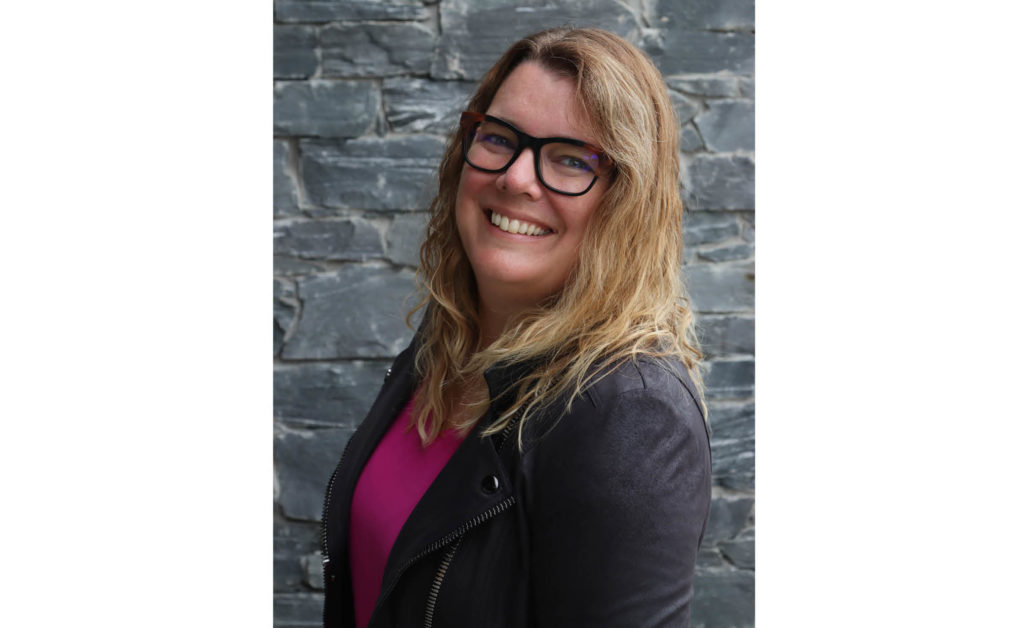by Kerri Roberts, Branch Manager, Island Savings , a division of First West Credit Union –
Oh, that familiar feeling – the holidays are over, the good tidings extinguished, and the angst and stress of opening December’s credit card statement is now here. Despite our best efforts to cut back, it always seems like things get out of hand around the holidays. Did you really need the animatronic reindeer this year? Probably not, but impulse spending got the best of you yet again.
Why is it so hard to change our financial behaviours and habits? Well, like anything, building and maintaining strong financial habits takes time, commitment and discipline to put in place. Think about any diet, exercise or learning regiment – they require effort, so why should your financial wellness be any different?
You can’t manage what you can’t measure
One piece of advice I can provide as we plan for the year ahead is that 2024 needs to be the year you get closer to your finances and create a budget. I know: your eyes are rolling because you’ve heard it time and time again, but this time it’s different. Gone are the days of your money “working itself out.” With rising costs and continued uncertainty in the markets, we need to get into the habit of monitoring our money.
You have to start somewhere
A budget doesn’t have to be fancy. You can get started by simply getting it down on paper (or in a spreadsheet). Grab paper and a pen and in one column, write income and, in another column, write expenses. Jot down all the money you have coming in each month, like your job, side hustle, government benefits, and in the other column, write everything you spend money on, for example housing, car payment, eating out and subscriptions. For this part, it helps to open your online banking or have your credit card statement handy. Make sure that you don’t skip over anything. It’s common to “forget” expenses, particularly ones we don’t want to trim.
Start with the low-hanging fruit
Now, circle all your fixed expenses, meaning something that is the same amount each month and difficult to change – for example: housing, property taxes and utilities. Everything that isn’t circled will be the easiest place to start when you need to start trimming down your expenses.
This exercise is simple but effective. Getting your budget documented somewhere should already make you feel more confident and optimistic about your finances.
Habits aren’t created overnight – they are built by making small incremental steps to improve. Find a way to fit budgeting into your weekly routine this year and watch your financial wellness improve.
For more information, email keroberts@islandsavings.ca.




